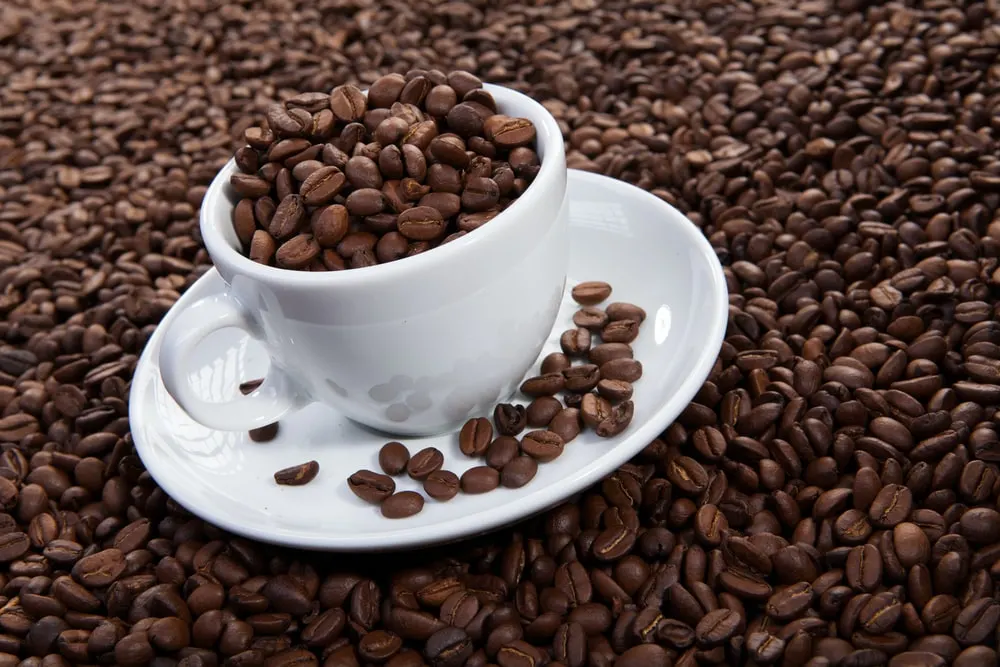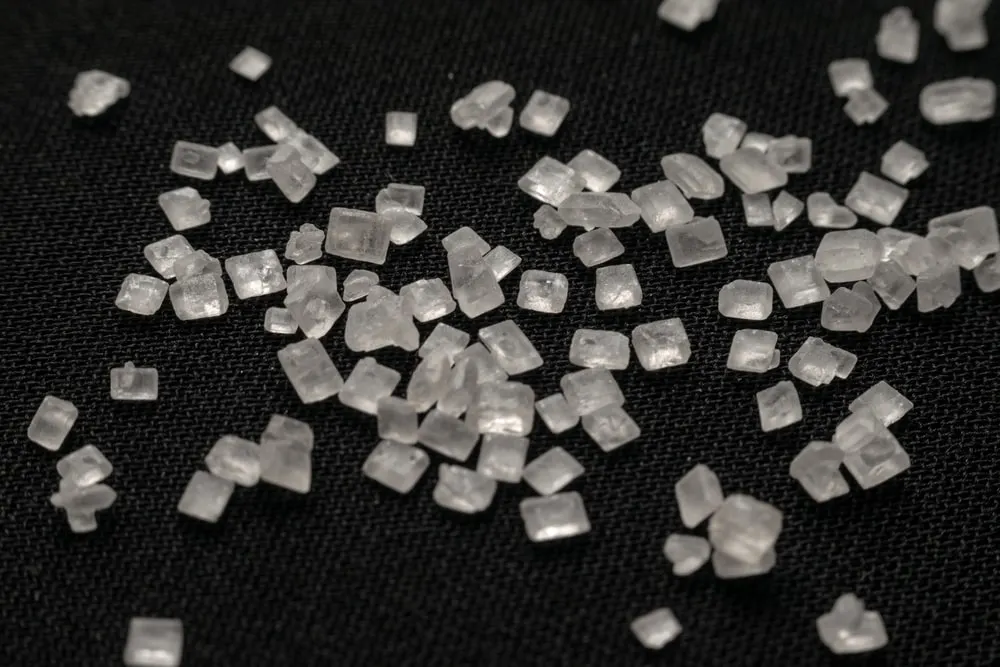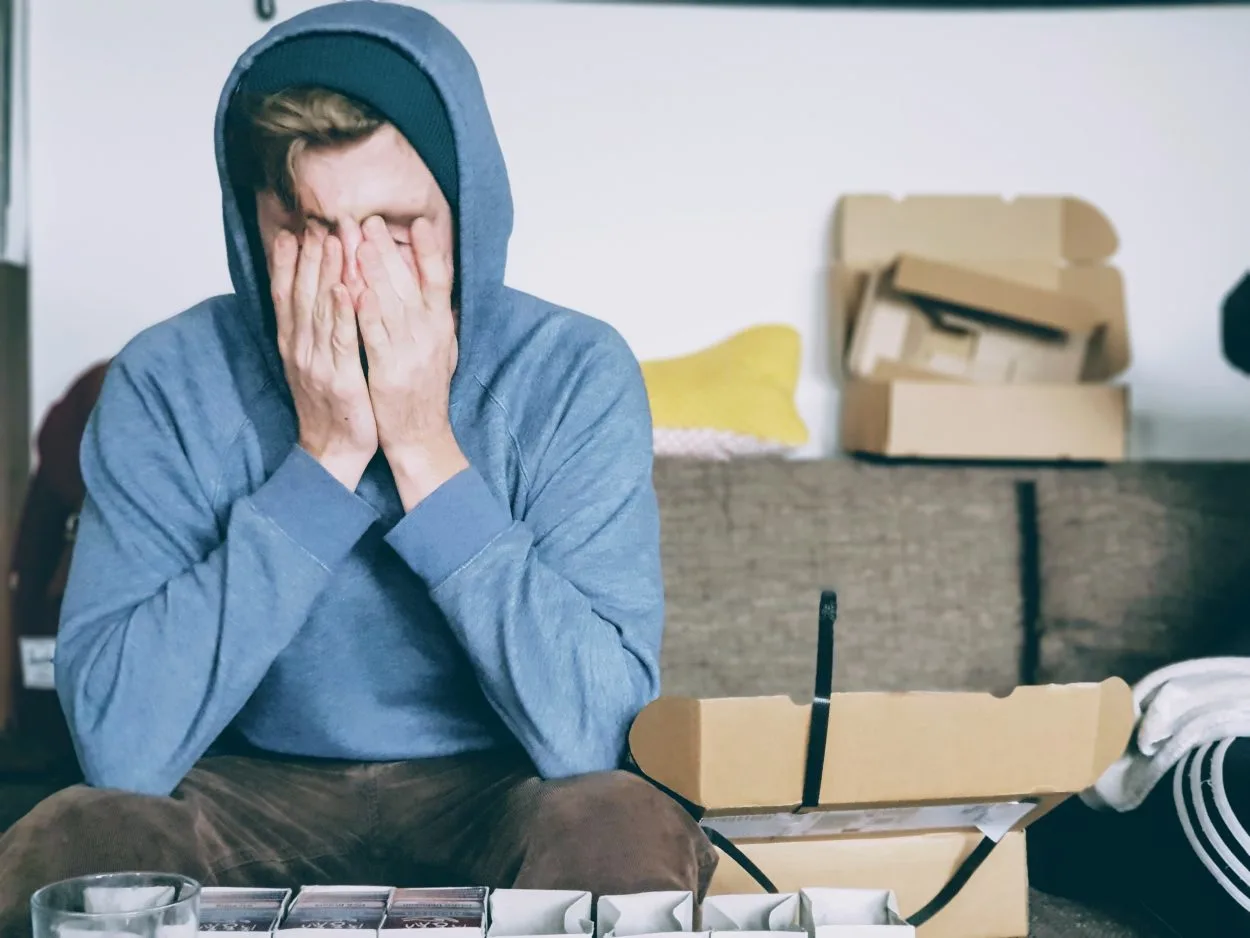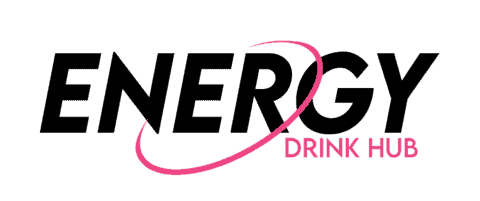Energy drinks are our number one go-to drink when we feel all tired after doing tons of work for the day.
These energy drinks which are loaded with sugar and caffeine give us an immediate charge. Therefore, the popularity of energy drinks has increased quite quickly.
Many energy drinks such as Red Bull energy drinks, Monster energy drinks, Rockstar energy drinks, etc., are ruling the market of energy drinks due to the benefits they provide and the caffeine they are loaded with.
However, many of these energy drinks have several side effects due to the harmful ingredients they contain and the high concentration of sugar and caffeine they contain.
These energy drinks can make you nauseous, and light-headed and most of all, energy drinks can make you jittery.
Let’s explore our query a little more to get an exact answer.
Page Contents
What Are the Jitters?
Jitters are the short-term bursts of anxiety, uneasiness, or nervousness that you sometimes feel when you’re anxious or uneasy.
They can also be manifested by a fast heartbeat, sweating, or feeling shaky and are sometimes used to describe an unusual feeling in your stomach or chest.
They most often occur when you’re feeling stressed, nervous or anxious, or when you’re having trouble concentrating or paying attention during a difficult or stressful situation.
Jitters are a normal part of life, but when they occur repeatedly or get worse over time, they are a sign of stress, anxiety, or other uncomfortable feelings. Jitters are temporary feelings of anxiety.
They are often followed by an anxious episode, which generally occurs within 1 hour of the initial jitters.
Caffeine
Caffeine is that one thing that has been a favorite among students and athletes for centuries.
It’s marketed as a stimulant and has been shown to improve focus. One of the benefits of which people love consuming caffeine is to get rid of fatigue.
Caffeine is known to increase alertness and improve performance when taken before a long workout or daily activity.
However, where the consumption of caffeine benefits you, it can also have side effects such as jitters, headaches, and difficulty sleeping.

How Long Does it Take to Flush Caffeine Out of Your System?
Over the past few years, caffeine has become a popular supplement for people who want to improve their performance and reduce the amount of fatigue they feel.
If you’ve ever felt the need to stay awake for extra long hours, consuming caffeine would have been your first thought as it gets rid of all of those unwanted adenosine molecules.
However, people usually report difficulty in sleeping after consuming caffeine and then they try remedies to get that excessive doses of caffeine out of their systems.
Depending on your consumption and tolerance levels, caffeine is the most effective within the next hour of its consumption. The effects of caffeine will start reducing over the next 3-4 hours and it can take anywhere around 10 hours to get rid of caffeine completely out of your system.
However, this is not true for everyone. The complete metabolism of caffeine can vary from person to person as every person has a different metabolic rate.
Even though caffeine is quickly expelled from the body, it can still temporarily affect your ability to sleep, concentrate, and regulate your emotions.
Some people also experience a caffeine “hangover” the day after they haven’t consumed any caffeine.
Symptoms of Too Much Caffeine
If you are wondering what “too much caffeine” exactly means, then this too much caffeine is also subjective as caffeine effectiveness varies from a person to person.
Generally, a limit of 400 mg of caffeine has been suggested as safe for caffeine consumption. If you step above this limit, then this might cause issues for you.
If you are someone who drinks loads of caffeine without feeling any side effects, then you have probably developed caffeine tolerance.
However, if you are someone whose body just does not accept caffeine like others, then you are probably caffeine-sensitive.
In case you are sensitive to caffeine, you will experience the symptoms mentioned below:
- Too much caffeine can make you nauseous and you will feel like throwing up.
- It can also make you lightheaded and you will probably feel like fainting.
- Caffeine consumption can cause sudden stomach cramps in some people.
It is best to know how much caffeine intake you can tolerate to avoid unnecessary side effects.
Sugar
Sugars are compounds that contain carbon, hydrogen, oxygen, and other molecules. Sugar is a sweet, extracted from the sugar cane, which is a plant cultivated for its sweet sap. Sugars are often derived from sugar beets.
It is a form of carbohydrate that is dried, ground, and refined to create granulated sugar. They provide energy for our bodies and are the main components of many foods and drugs.
Most sugars are found naturally in foods, such as fruits and vegetables. However, most of the sugar we consume is added to our food and drinks, such as table sugar, honey, and molasses.
Sucrose, generally known as table sugar, is the most common kind of sugar found in our homes and is a non-nutritive sweetener.
Energy drinks are full of this sugar, which can have rather negative side effects on the human body.
Following are the side effects of sugar consumption:
- It has excessive calories, so it can cause weight gain.
- Sugar can worsen your symptoms of anxiety.
- Sugar consumption can also lead to diabetes and worsen its condition.
- It can also cause inflammation, high blood pressure, and many other such diseases.

Can Sugar Cause Jitters?
In recent years, the notion that sugar can cause jitters has been debunked. It is, however, true that sugar has an addictive quality and can lead to a compulsive search for sweet foods.
This can be a problem for individuals on a sugar high, which is why it is important to consume sugar in moderation.
Sugar can cause jitters. It is a noteworthy and unusual trigger, and the jitters it brings are almost universally unpleasant
A regular rise and fall in blood sugar levels can regulate hormones such as adrenalin and cortisol in the bloodstream, and these hormones can cause unwanted panic and anxiety.
Most people don’t like to think about sugar as a culprit, since it seems to be so harmless. However, the evidence is against us.
Can Energy Drinks Make You Jittery?
If you are wondering whether energy drinks cause jitters or not, then you should know that this depends on your metabolic rate for caffeine and the type of energy drinks you are consuming,
Many energy drinks use caffeine and sugar as the primary ingredients to give your energy fuel.
However, as we know the ingredients such as sugar and caffeine when consumed in high dosages can cause jitters.
So, it is true that many energy drinks can cause jitters.
For better understanding here’s a table listing the amount of caffeine in a few popular energy drinks
| Energy Drinks | Caffeine Content |
| Red Bull | 80mg (8.4oz) |
| Monster | 160mg (16oz) |
| Rockstar | 160mg (16oz) |
| NOS | 160mg (16oz) |
| G Fuel | 300mg (16oz) |
How to Get Rid of Caffeine Jitters?
To get rid of jitters caused by the caffeine present in energy drinks, you need to flush it out of your system.
Try to drink more water; water can neutralize the effects of caffeine and hence reduce the jittery feelings caused by caffeine consumption.

Can energy drinks make you Sick?
Energy drinks are manufactured to provide you with energy. However, to provide you with energizing effects, the manufacturers add many ingredients.
Not every ingredient has the same effects on each individual, a few ingredients have negative effects for some people. Also, some people are allergic to certain ingredients in energy drinks.
Considering how your body responds to some ingredients, energy drinks might or might not make you sick.
Can Energy Drinks Affect Your Mood?
Energy drinks are high in ingredients such as Caffeine and Sugar. These ingredients are linked to changes in mood.
Caffeine is a stimulant, therefore it can change the activity of the brain; it can increase your alertness, elevate or worsen your mood, decrease your sleep, etc.
For some people, caffeine consumption has positive effects such as improving their mood. However, if you consume caffeine in high doses, so it can have negative effects such as causing anxiety, anger, nervousness, etc.
On the other hand, sugar also acts as a stimulant, it can elevate your mood when you consume it. However, if you consume it in high dosages, then you can soon experience a sugar crash and you will probably feel anxious and upset.
Final Verdict
Energy drinks are beverages that are linked with providing you stimulating effects due to the presence of sugar and caffeine.
When you consume energy drinks within a moderate limit, so they are not likely to cause any side effects.
However, when you step a little more over the limit of energy drink intake, then they can cause negative effects including making you jitter.
Try to consume energy drinks that have a little amount of caffeine and sugar.
